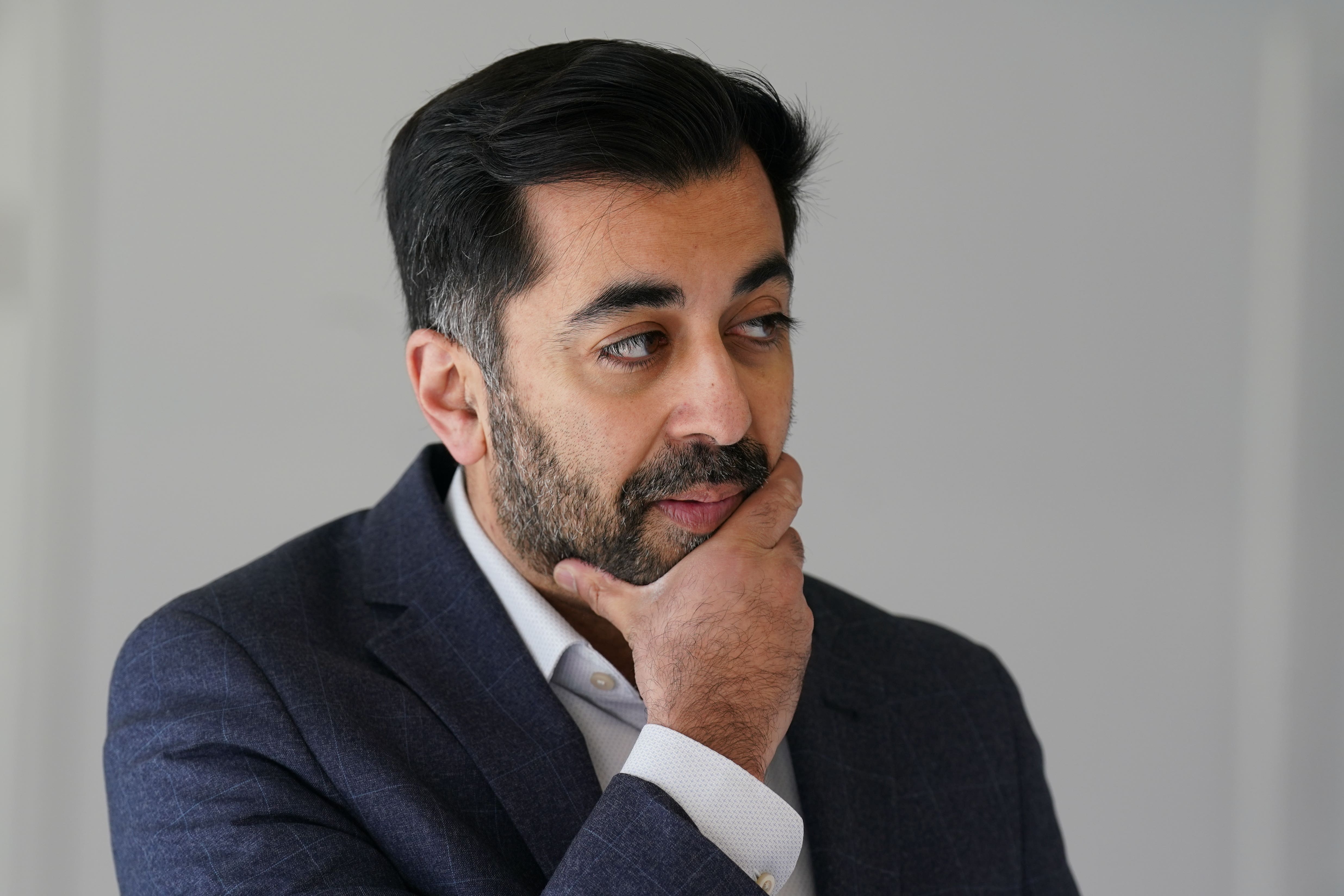The overflowing in-tray facing Scotland’s new First Minister
Humza Yousaf will have no shortage of challenges in his new post.

Your support helps us to tell the story
From reproductive rights to climate change to Big Tech, The Independent is on the ground when the story is developing. Whether it's investigating the financials of Elon Musk's pro-Trump PAC or producing our latest documentary, 'The A Word', which shines a light on the American women fighting for reproductive rights, we know how important it is to parse out the facts from the messaging.
At such a critical moment in US history, we need reporters on the ground. Your donation allows us to keep sending journalists to speak to both sides of the story.
The Independent is trusted by Americans across the entire political spectrum. And unlike many other quality news outlets, we choose not to lock Americans out of our reporting and analysis with paywalls. We believe quality journalism should be available to everyone, paid for by those who can afford it.
Your support makes all the difference.Running a country is a big job – and Scotland’s new First Minister Humza Yousaf will come into the post with an in-tray that is already bulging.
Top of his to-do list will be reuniting a party which has been rocked by a leadership election that even Nicola Sturgeon has described as being “somewhat fractious”.
The candidates clashed repeatedly throughout the campaign, but now need to find a way to work together.
One of the initial tasks for the new First Minister will be to appoint his cabinet – and with Deputy First Minister John Swinney stepping down alongside Ms Sturgeon, big changes are inevitable.
Mr Yousaf will have to consider whether to keep his closest rival in the leadership contest, Finance Secretary Kate Forbes, in a key government position.
He will have to pick a replacement as health secretary, a tough job given his own record in the post has come under fire – both from Ms Forbes herself and opposition politicians who have branded him the worst health secretary since devolution, with NHS waiting times growing and delayed discharges increasing under his stewardship.
Tackling the problems faced by a health service still recovering from the pandemic will certainly be high on the to-do list for Scotland’s new First Minister.
Mr Yousaf has claimed success in preventing strike action by NHS workers north of the border so far, but junior doctors in Scotland are to be balloted on industrial action in a vote which starts on Wednesday – meaning talks with their representatives will have to be another priority.
On Thursday, Mr Yousaf will have his first session of First Minister’s Questions at Holyrood – facing a grilling from Scottish Conservative leader Douglas Ross and his Labour counterpart Anas Sarwar.
The thorny issue of gender recognition reform, and whether the Scottish Government should mount a legal challenge to the UK Government’s decision to block legislation passed by Holyrood, will also have to be considered with priority – and is one that the new First Minister has said he will pursue in court, unless advised otherwise by his legal team.
There will also be key party business for the new leader of the SNP to take care of.
It came to light during the leadership race that the party has lost some 30,000 members in little over a year.
The mishandling of the situation – with the party initially having rubbished reports its membership had fallen by this much – saw both SNP communications chief Murray Foote and long-standing chief executive Peter Murrell, who is Ms Sturgeon’s husband, both quit.
These will be key positions for the party to fill as it prepares to fight a Westminster general election, which is likely to take place next year.
Work will be needed to restore calm in the party after its first leadership election in almost 20 years left it in a “tremendous mess”, to quote Mike Russell, the SNP’s president who has stepped into the breach as interim chief executive.